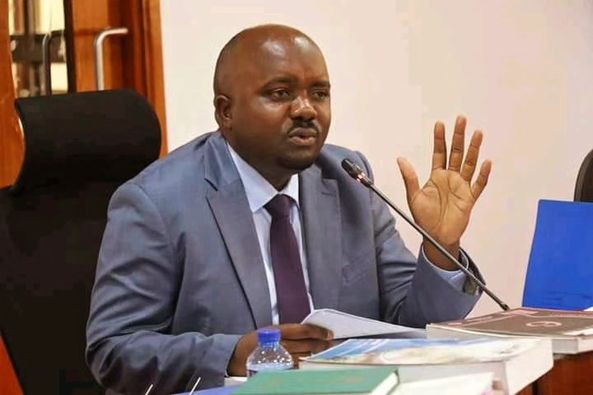‘Ruto, Tinubu top 2023 list of ‘Most Influential Africans, ‘ says report
By Samuel Kariuki, January 3, 2024After an eventful year that saw Kenya turn a new page in the fight against the effects of climate change, hosting the first-ever Africa Climate Summit (ACS) and the launch of a national tree planting day, President William Ruto now tops a list of 100 influential Africans going into 2024, according to New African magazine report
Ruto and his Nigerian counterpart Bola Tinubu are the only influential presidents in the report. While Ruto has been recognised majorly over his stand in the fight against climate change, Tinubu is famed for a myriad radical reforms that he unleashed at the onset of his administration in what he said was a ‘no longer business as issue’ way of doing things.
After a landslide victory in the March polls, Tinubu scrapped fuel subsidies causing the prices to double a few months after clinching the victory.
On his part, Ruto has in the past made brave and bold pronouncements, at one point accusing the Industrialised Western Powers of sidelining Africa in their policies to fight climate change, yet the continent which is the world’s lowest pollutant emitter bears the brunt of erratic climatic conditions in the form of prolonged drought and flooding.
At the 28th United Nations Climate Change Conference commonly referred to Conference of Parties (COP28) held last month in Dubai, United Arab Emirates the Head of State said it is regrettable for developed countries to split the world as Global North and Global South warning that the move is ‘hindering’ the worlds ability to leverage its strengths to curb climate change.
“Climate change is a global problem that cannot be solved in a fragmented approach, dividing the world into polluters and victims. Africa can provide affordable renewable energy, green products, and conservation and climate restoration,” Ruto told America’s Time Magazine in November.
President Ruto who has emerged as the ambassador of green investment in Africa, said that for the third-world countries to benefit from a progressive climate change agenda in 2024, the cost of capital must be reviewed downwards by the respective providers.
“This will need a concerted effort from multilateral development banks, governments, credit rating agencies, and private investors,” Ruto said.
More Articles

